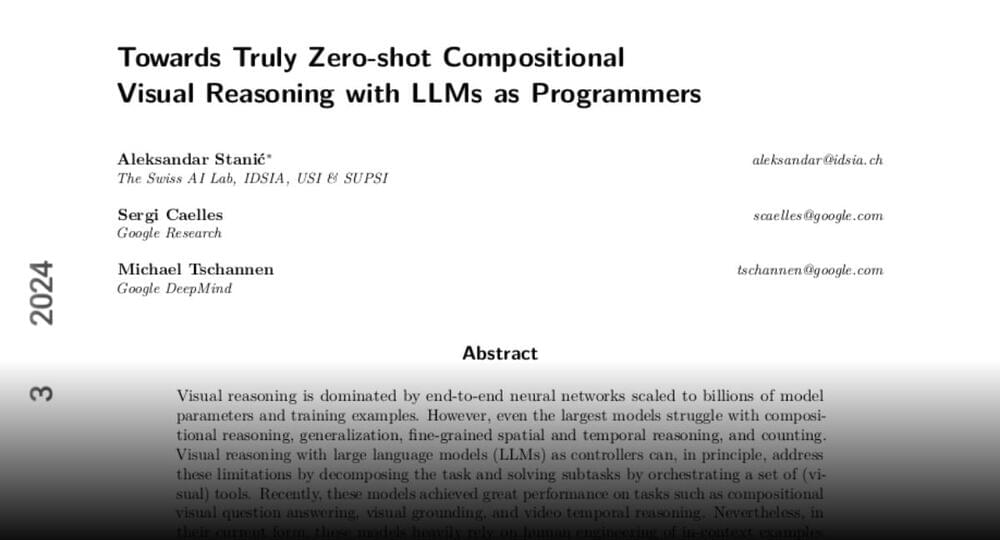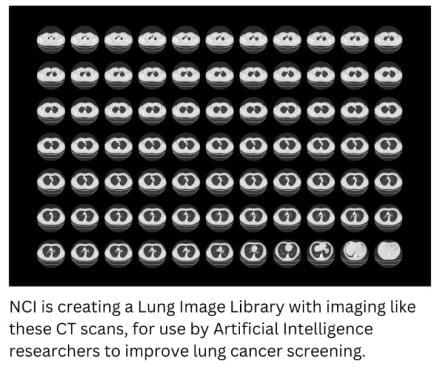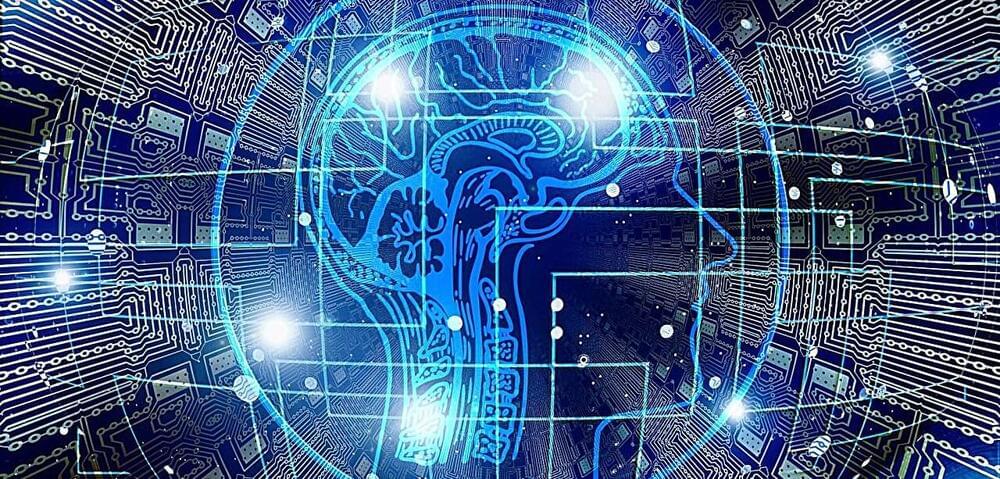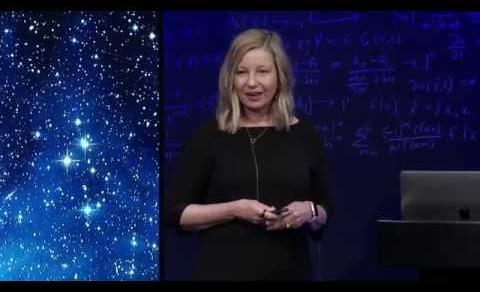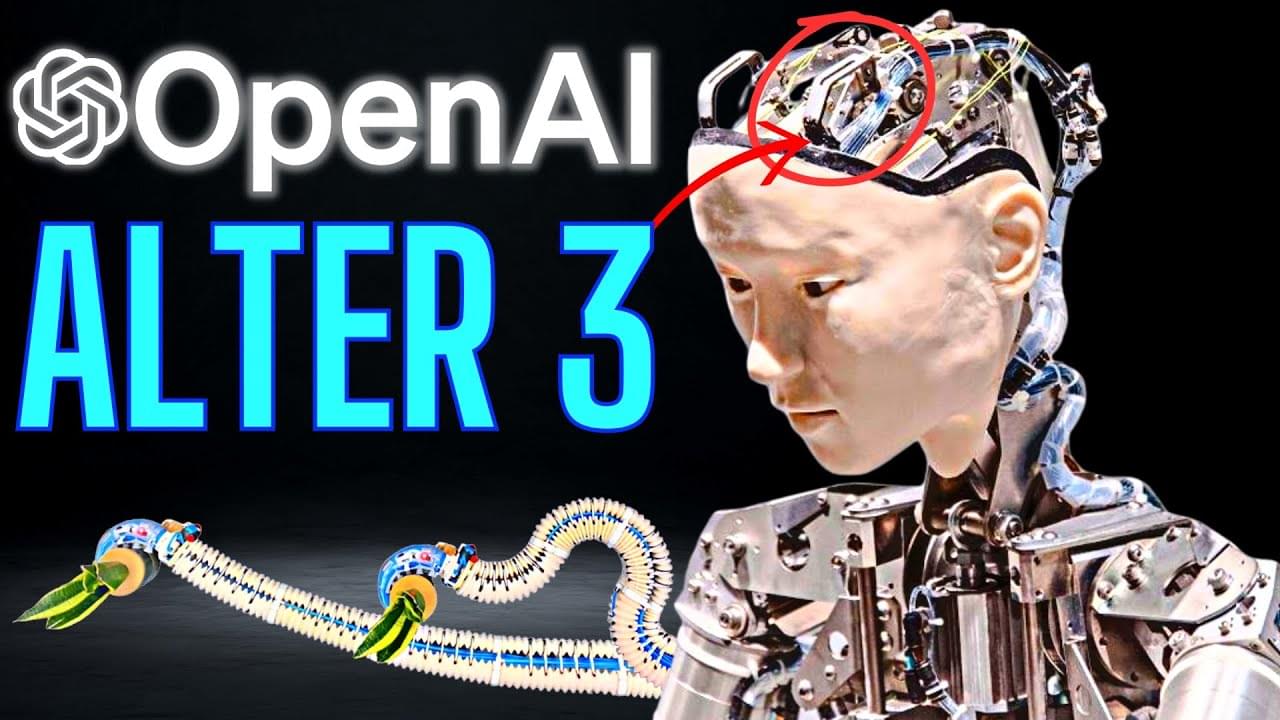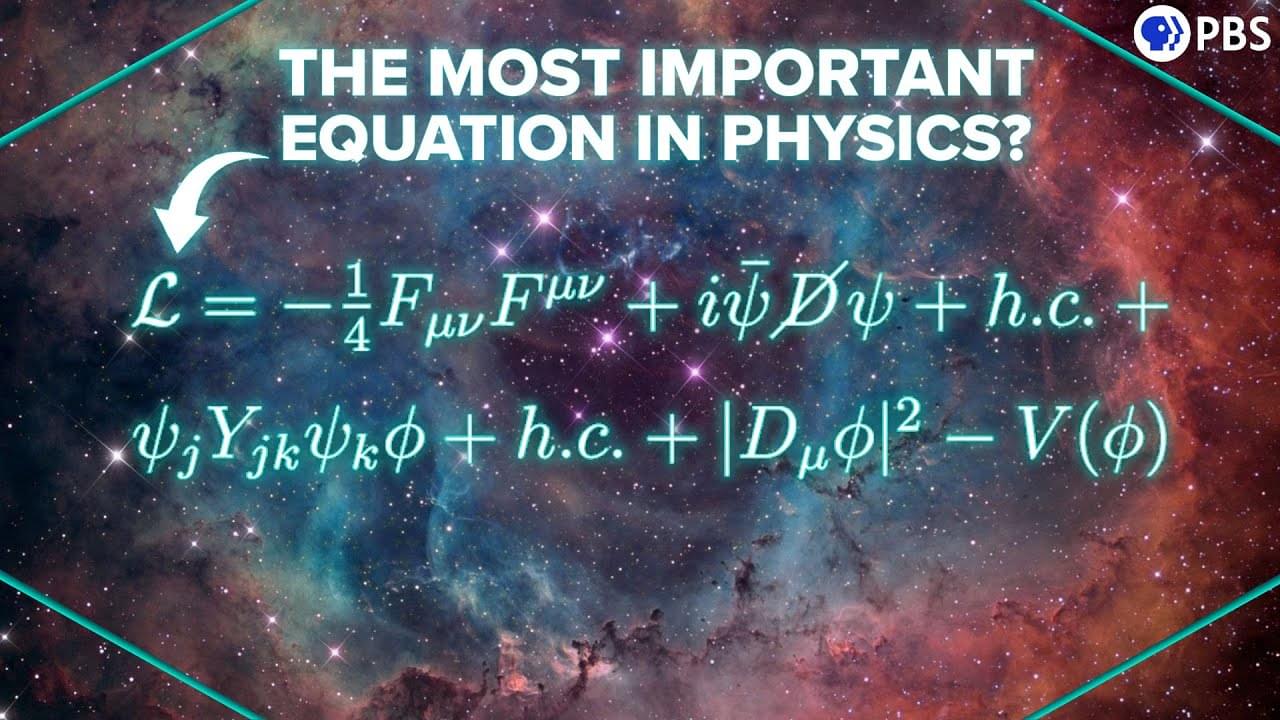Jan 10, 2024
Technique could efficiently solve partial differential equations for numerous applications
Posted by Cecile G. Tamura in categories: chemistry, climatology, engineering, information science, physics
In fields such as physics and engineering, partial differential equations (PDEs) are used to model complex physical processes to generate insight into how some of the most complicated physical and natural systems in the world function.
To solve these difficult equations, researchers use high-fidelity numerical solvers, which can be very time consuming and computationally expensive to run. The current simplified alternative, data-driven surrogate models, compute the goal property of a solution to PDEs rather than the whole solution. Those are trained on a set of data that has been generated by the high-fidelity solver, to predict the output of the PDEs for new inputs. This is data-intensive and expensive because complex physical systems require a large number of simulations to generate enough data.
In a new paper, “Physics-enhanced deep surrogates for partial differential equations,” published in December in Nature Machine Intelligence, a new method is proposed for developing data-driven surrogate models for complex physical systems in such fields as mechanics, optics, thermal transport, fluid dynamics, physical chemistry, and climate models.

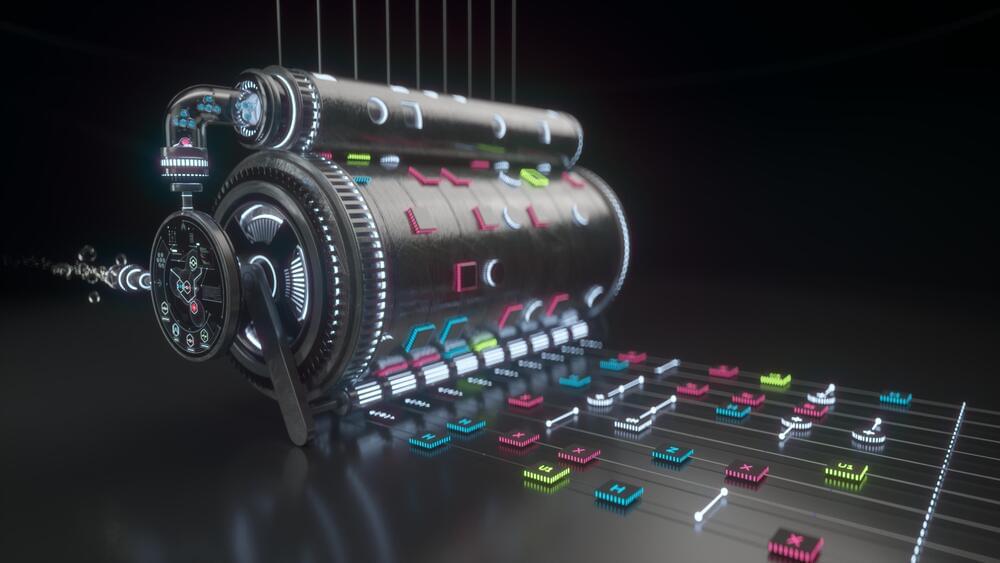
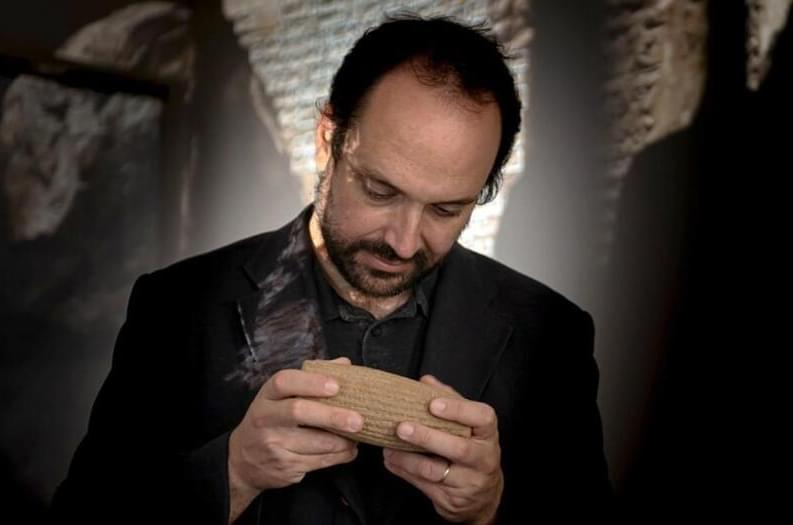
 The required precision to perform quantum simulations beyond the capabilities of classical computers imposes major experimental and theoretical challenges. The key to solving these issues are highly precise ways of characterizing analog quantum sim ulators. Here, we robustly estimate the free Hamiltonian parameters of bosonic excitations in a superconducting-qubit analog quantum simulator from measured time-series of single-mode canonical coordinates. We achieve the required levels of precision in estimating the Hamiltonian parameters by maximally exploiting the model structure, making it robust against noise and state-preparation and measurement (SPAM) errors. Importantly, we are also able to obtain tomographic information about those SPAM errors from the same data, crucial for the experimental applicability of Hamiltonian learning in dynamical quantum-quench experiments. Our learning algorithm is highly scalable both in terms of the required amounts of data and post-processing. To achieve this, we develop a new super-resolution technique coined tensorESPRIT for frequency extraction from matrix time-series. The algorithm then combines tensorESPRIT with constrained manifold optimization for the eigenspace reconstruction with pre-and post-processing stages. For up to 14 coupled superconducting qubits on two Sycamore processors, we identify the Hamiltonian parameters — verifying the implementation on one of them up to sub-MHz precision — and construct a spatial implementation error map for a grid of 27 qubits. Our results constitute a fully characterized, highly accurate implementation of an analog dynamical quantum simulation and introduce a diagnostic toolkit for understanding, calibrating, and improving analog quantum processors.
The required precision to perform quantum simulations beyond the capabilities of classical computers imposes major experimental and theoretical challenges. The key to solving these issues are highly precise ways of characterizing analog quantum sim ulators. Here, we robustly estimate the free Hamiltonian parameters of bosonic excitations in a superconducting-qubit analog quantum simulator from measured time-series of single-mode canonical coordinates. We achieve the required levels of precision in estimating the Hamiltonian parameters by maximally exploiting the model structure, making it robust against noise and state-preparation and measurement (SPAM) errors. Importantly, we are also able to obtain tomographic information about those SPAM errors from the same data, crucial for the experimental applicability of Hamiltonian learning in dynamical quantum-quench experiments. Our learning algorithm is highly scalable both in terms of the required amounts of data and post-processing. To achieve this, we develop a new super-resolution technique coined tensorESPRIT for frequency extraction from matrix time-series. The algorithm then combines tensorESPRIT with constrained manifold optimization for the eigenspace reconstruction with pre-and post-processing stages. For up to 14 coupled superconducting qubits on two Sycamore processors, we identify the Hamiltonian parameters — verifying the implementation on one of them up to sub-MHz precision — and construct a spatial implementation error map for a grid of 27 qubits. Our results constitute a fully characterized, highly accurate implementation of an analog dynamical quantum simulation and introduce a diagnostic toolkit for understanding, calibrating, and improving analog quantum processors.